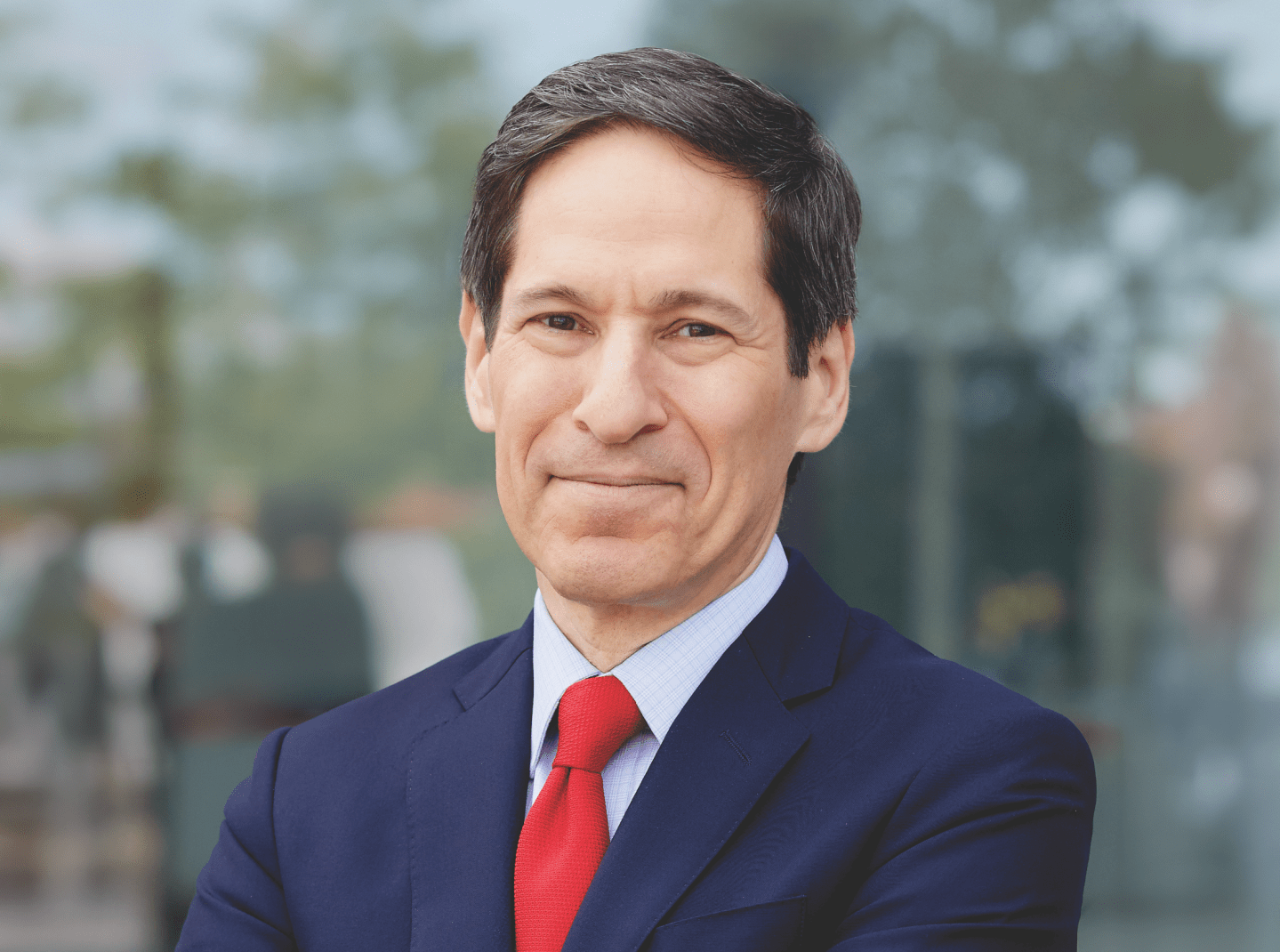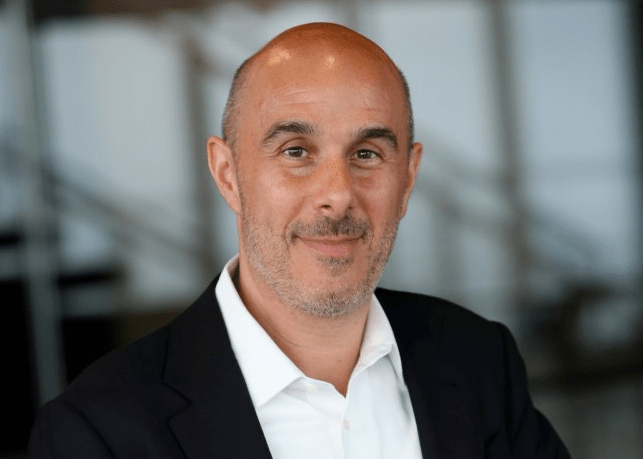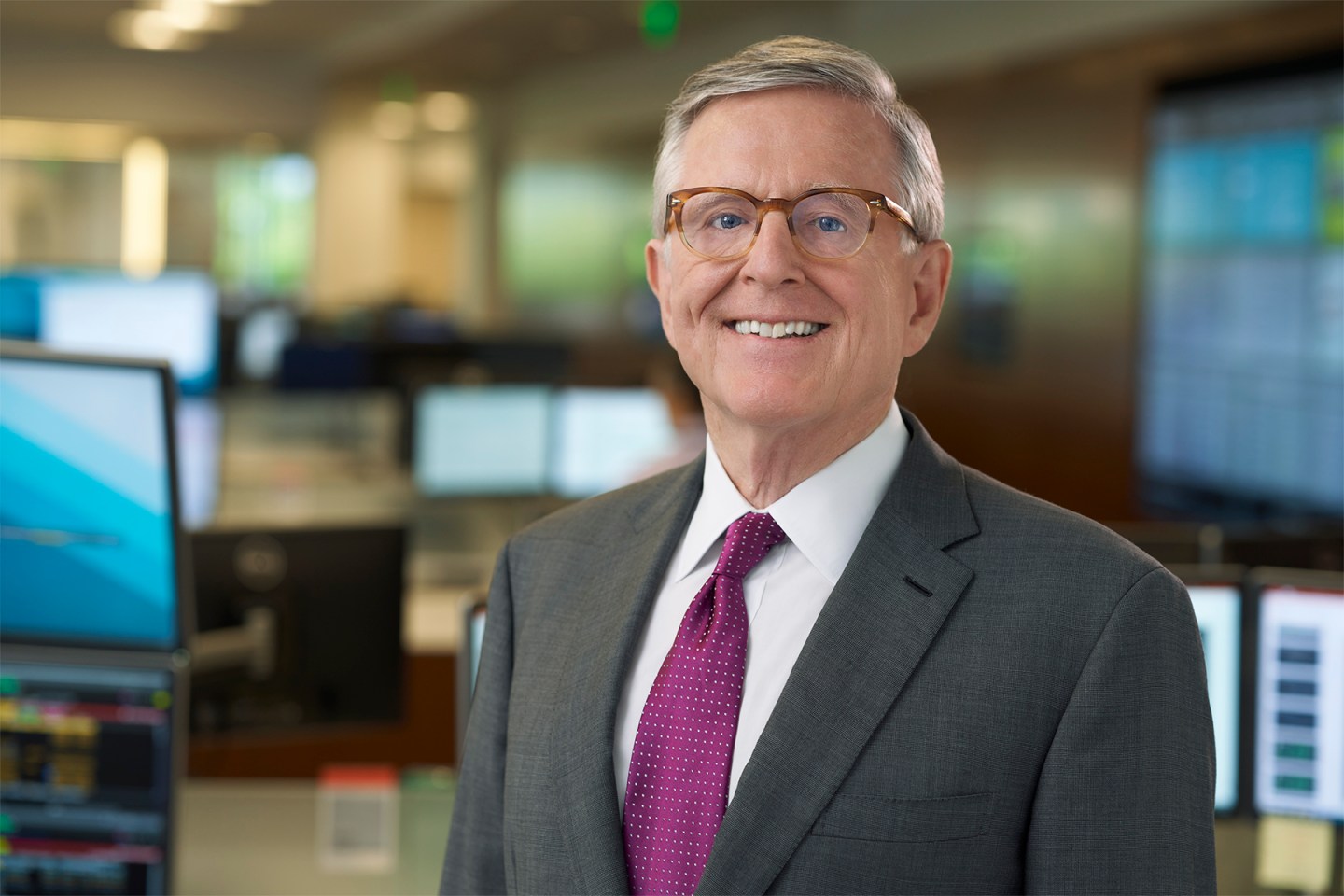On September 11, 2001, I was deep in rural India, five years into a posting to help control tuberculosis. In the lobby of a small hotel, I watched on a flickering TV as the second tower of the World Trade Center fell. I was born in New York City, was trained as a doctor there, and ran its tuberculosis program. Watching my hometown under attack, I knew it was time to return. Three months later, with the rubble still smoldering, Mayor-elect Mike Bloomberg called to ask me to become health commissioner.
Before I started, I visited my father in his nursing home. He was a cardiologist. Quiet, kind, and a man of few words. Parkinson’s disease had silenced him almost completely. I sat at his bedside, holding his hand, and told him about my new role. “Dad,” I said, “I want to be the best health commissioner.”
He looked at me and softly spoke last words he would ever speak to me: “How would you know?”
It was a devastatingly simple question. How do you know if you’re doing a good job in public health? Being the best doesn’t mean giving the best speech, pushing through the boldest policy, or even working the longest hours. It means saving the most lives. But how could we measure that? At the time, tobacco was killing more New Yorkers than anything else. Yet we didn’t even know how many people smoked. No one was counting.
That changed when my colleague Dr. Farzad Mostashari launched a simple but powerful survey. We started calling 10,000 New Yorkers every year, asking if they smoked cigarettes. The results were sobering: 22% of adults smoked, with no progress in a decade. If nothing changed, tobacco would kill 400,000 New Yorkers and disable a million more with heart attacks, strokes, lung disease, and cancer. Now we could see the crisis clearly. The next step was to act.
Raising the tobacco tax was the single most effective way to reduce smoking. It was a bruising political fight, but with Mayor Bloomberg’s leadership, the tax went up $1.42 a pack. The next year’s survey showed a major drop in smoking. Soon after, we passed a law making all restaurants and bars smoke-free. After that, the next year’s survey showed another drop.
I thought we’d cracked it. But the following year, the survey showed something alarming: progress had stalled. It was terrifying. We might fail at our top priority.
The data forced us to rethink. We tried raising the tax again, but the state legislature refused. Then came a risky option: spending $10 million, money that could fund clinics and staff salaries, on anti-tobacco ads. I wasn’t convinced. But the data gave us the courage to gamble.
The next year’s survey revealed the results: the ads worked. Smoking dropped again, especially in the communities we had targeted the most. Our gamble paid off in fewer smokers, longer lives, and healthier futures.
That’s how I could answer my father’s question. Monitoring—systematically measuring what matters—made invisible progress visible. Without it, we would have stumbled blindly, unsure if we were saving lives or wasting time and money. With it, we knew. Public health doesn’t usually make headlines. One life saved by dramatic medical care is celebrated as a miracle, but millions saved by prevention are often invisible. Monitoring shines a light on those anonymous lives, proving that prevention works.
Today, smoking is at record lows. Less than 4% of U.S. high school students smoke, the lowest rate ever measured. I continued this work in later years, when President Obama named me director of the Centers for Disease Control and Prevention (CDC), where I served for eight years. Most people who smoked in the past have already quit. Progress is real and measurable. The last words my father spoke to me, How would you know, remain my guiding question. They remind me that good intentions aren’t enough. We need proof that our actions lead to real results.
This same approach, which I reveal in my forthcoming book, The Formula for Better Health: How to Save Millions of Lives—Including Your Own is to see what’s really happening, believe in the possibility of progress, and work systematically to create a better future. This is relevant not only to public health but also to personal health and to any organization trying to make a difference.For your own health, you might ask yourself a version of the same question: How do I know if what I’m doing is working? Are the medications you take controlling your blood pressure? Are you getting physical activity you can stick with for years? Are your efforts leading to a longer, healthier life? My father’s question pushed me to see progress, and failure, clearly. It’s a question that can guide us all toward longer, healthier lives and our organizations to faster, further progress.
The opinions expressed in Fortune.com commentary pieces are solely the views of their authors and do not necessarily reflect the opinions and beliefs of Fortune.











